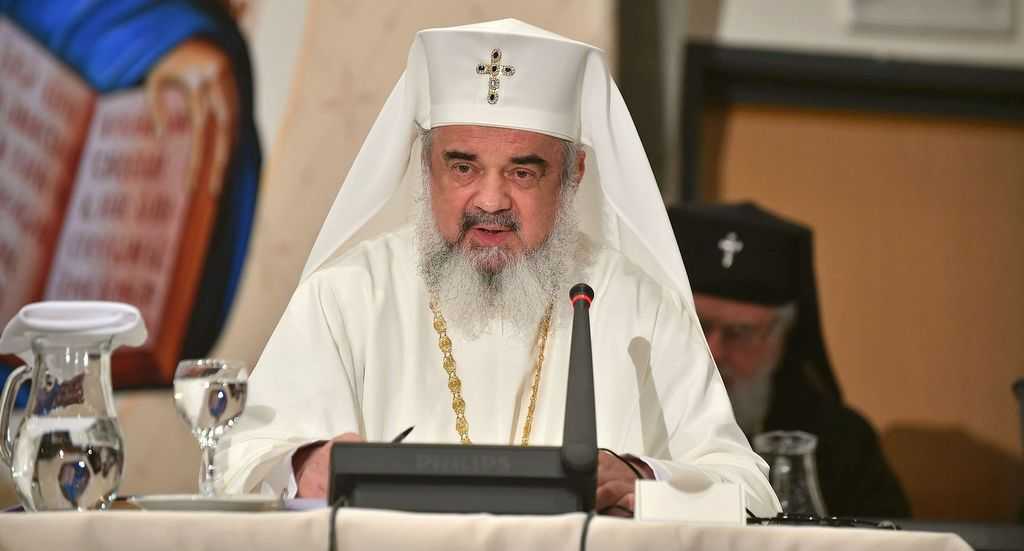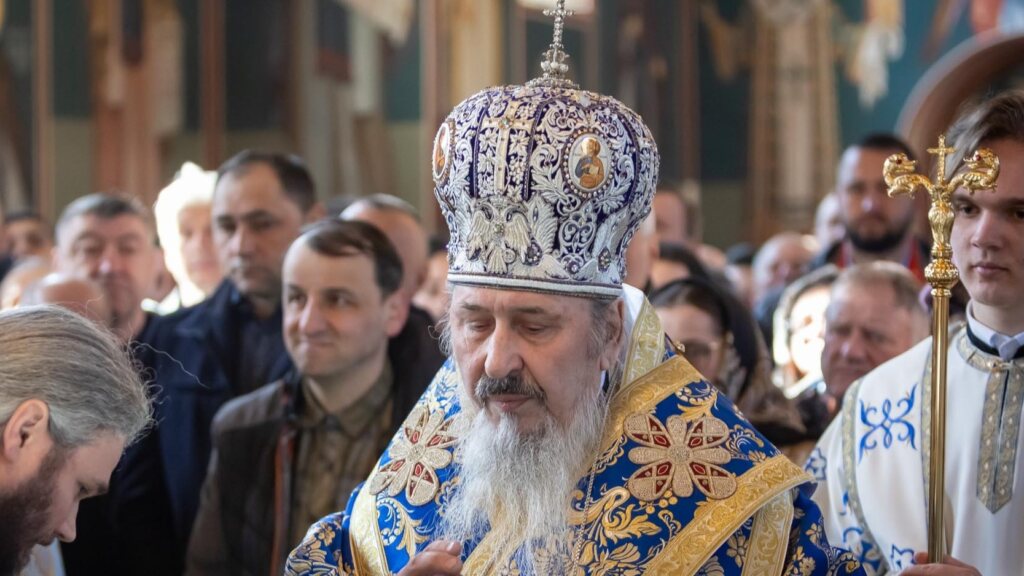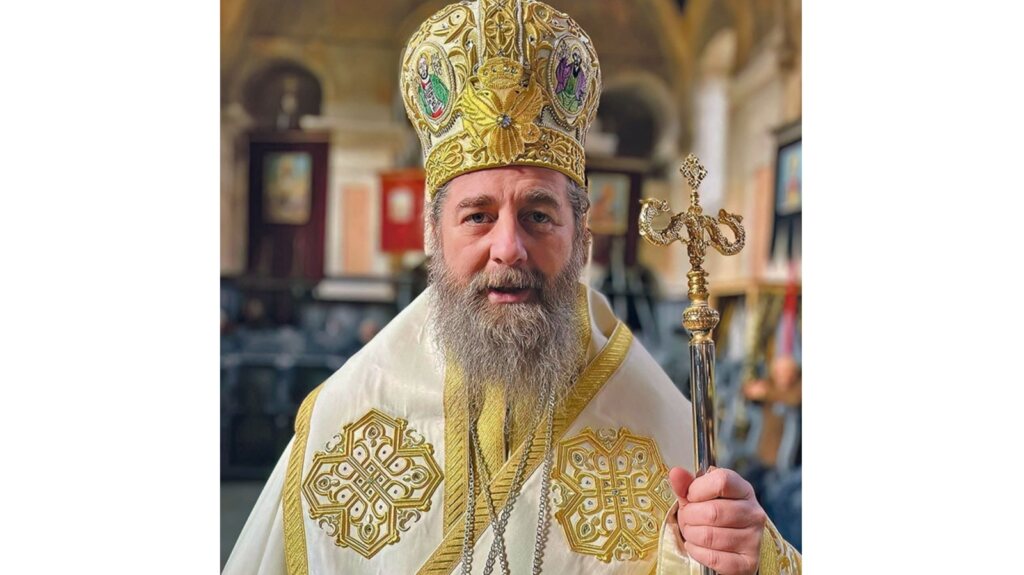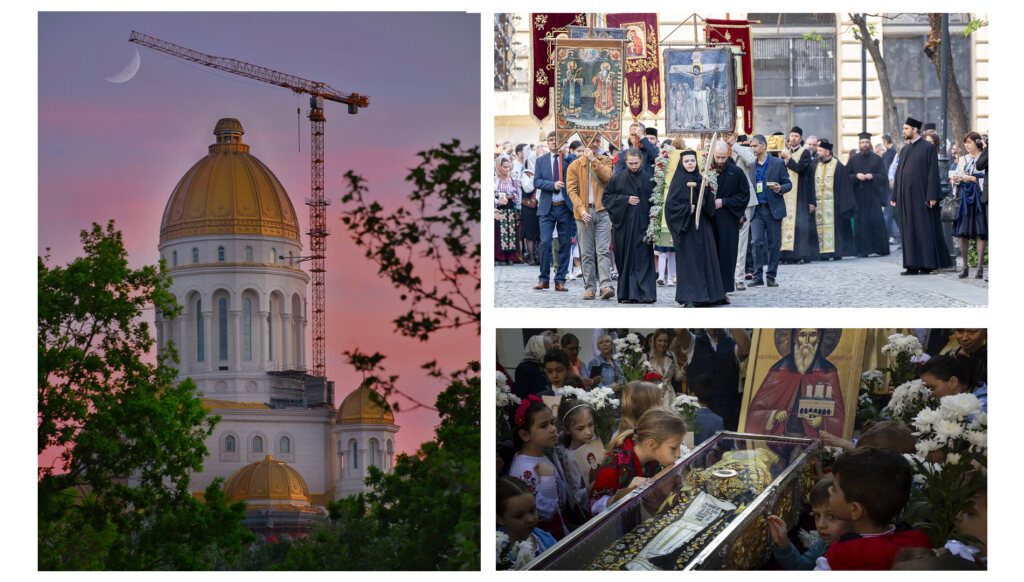During the opening session of the Holy and Great Council held Monday, 20 June 2016, His Beatitude Daniel, Patriarch of Romania, addressed a word in which he stressed out the importance of synodality and respecting it not only at local level, but also at pan-Orthodox level. The holmily of His Beatitude was appreciated by the Ecumenical Patriarch and characterised as theological.
Your Holiness,
Your Beatitudes,
Your Eminences,
Most reverend participants in this Council,
The Holy and Great Council of the Orthodox Churches is at the same time a rare event, and the beginning of normality, because synodality is a canonical rule of the life of the local Churches, in order to express the unity of Orthodox faith, of sacramental life and of canonical discipline of the One, Holy, Universal (Catholic) and Apostolic Church. If synodality is a canonical rule at local level, it must also be a rule at universal pan-Orthodox level.
Synodality or conciliarity is fulfilled in the sacramental concelebration of the Holy Eucharist, in order to express both the unity of Orthodox faith and the Mystery itself of the communion of the Church with her Head, our Lord Jesus Christ.
The autocephaly of the Orthodox Churches express their administrative and pastoral freedom, while the pan-Orthodox Eucharistic commemoration and pan-Orthodox synodality (conciliarity) express the unity of the entire Orthodoxy.
The pastoral and missionary ministry of the Church must take into account today’s problems and challenges. Nevertheless, the principal goal of the ministry of the Church is the sanctification and salvation of humans, which means to acquire eternal life in the love and light of the Kingdom of the Most Holy Trinity.
In this regard, the Council does not have to formulate new dogmas or new sacred canons, but rather to have an actual pastoral and missionary signification, so as to witness Christ’s love for His Church and for the entire humanity. The Holy Spirit is the Spirit of Truth and Communion. If we profess together the true faith, then we receive the joy of communion in the love of the Most Holy Trinity, Whom we celebrate today.
†DANIEL
Patriarch of Romania
Votre Sainteté,
Vos Béatitude,
Vos Eminences,
Très vénérables participants à ce Synode,
Le Saint et Grand Synode des Eglises Orthodoxes est en même temps un événement rare et le commencement d’une normalité, parce que la synodalité est une règle canonique de la vie des Eglises locales, pour exprimer l’unité de la foi orthodoxe, de la vie sacramentelle et de discipline canonique de l’Eglise Une, Sainte, Catholique et Apostolique. Si la synodalité est une norme canonique au niveau local elle doit être aussi une norme au niveau panorthodoxe universelle.
La synodalité (ou la conciliarité) s’accomplit dans la concélébration sacramentelle de la divine Eucharistie, pour exprimer ensemble l’unité de la foi orthodoxe et le mystère-même de la communion de l’Eglise avec sa Tête, le Seigneur Jésus Christ.
L’autocéphalie des Eglises orthodoxes exprime leur liberté administrative et pastorale, alors que la commémoration eucharistique panorthodoxe et la synodalité (conciliarité) panorthodoxe expriment l’unité de l’Orthodoxie toute entière.
L’activité pastorale et missionnaire de l’Eglise doit tenir compte aujourd’hui des problèmes et défis contemporains. Cependant, le but principal de l’œuvre de l’Eglise est la sanctification et le salut de l’humanité, c’est–à-dire l’obtention de la vie éternelle dans l’amour et la lumière du Royaume de la Sainte Trinité.
En ce sens, ce Synode ne doit pas formuler de nouveaux dogmes ou des saints canons nouveaux, mais il doit avoir une signification actuelle pastorale et missionnaire, pour témoigner de l’amour du Christ pour son Eglise et pour toute l’humanité. L’Esprit Saint est l’Esprit de vérité et de la communion. Si nous confessons ensemble la vrai foi, nous recevons la joie de la communion dans l’amour de la Sainte Trinité que nous célébrons aujourd’hui.
†DANIEL
Patriarche de Roumanie






